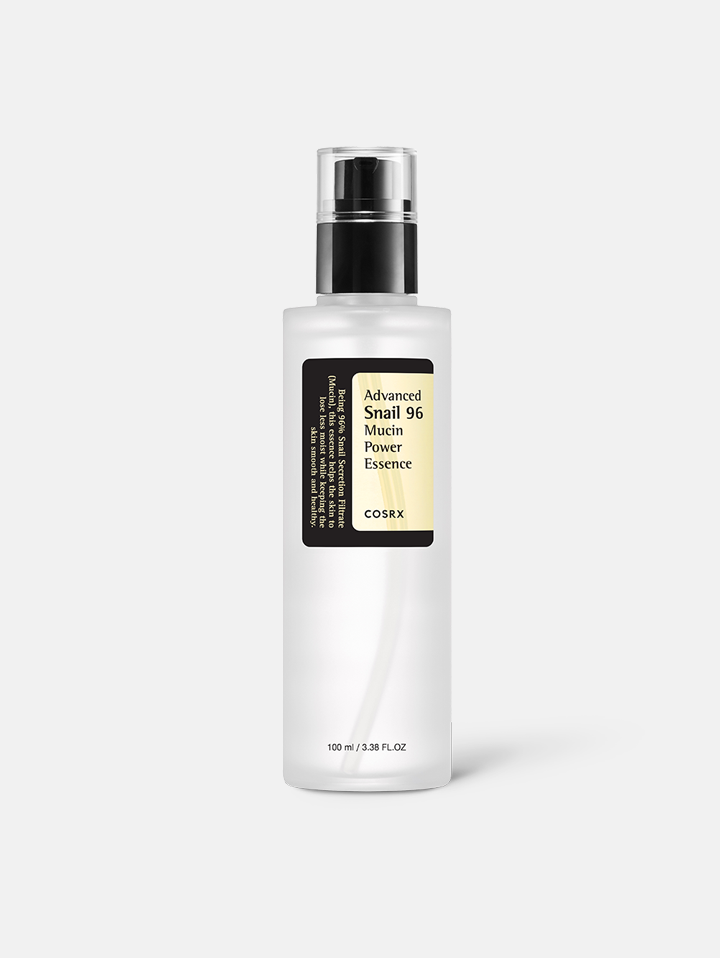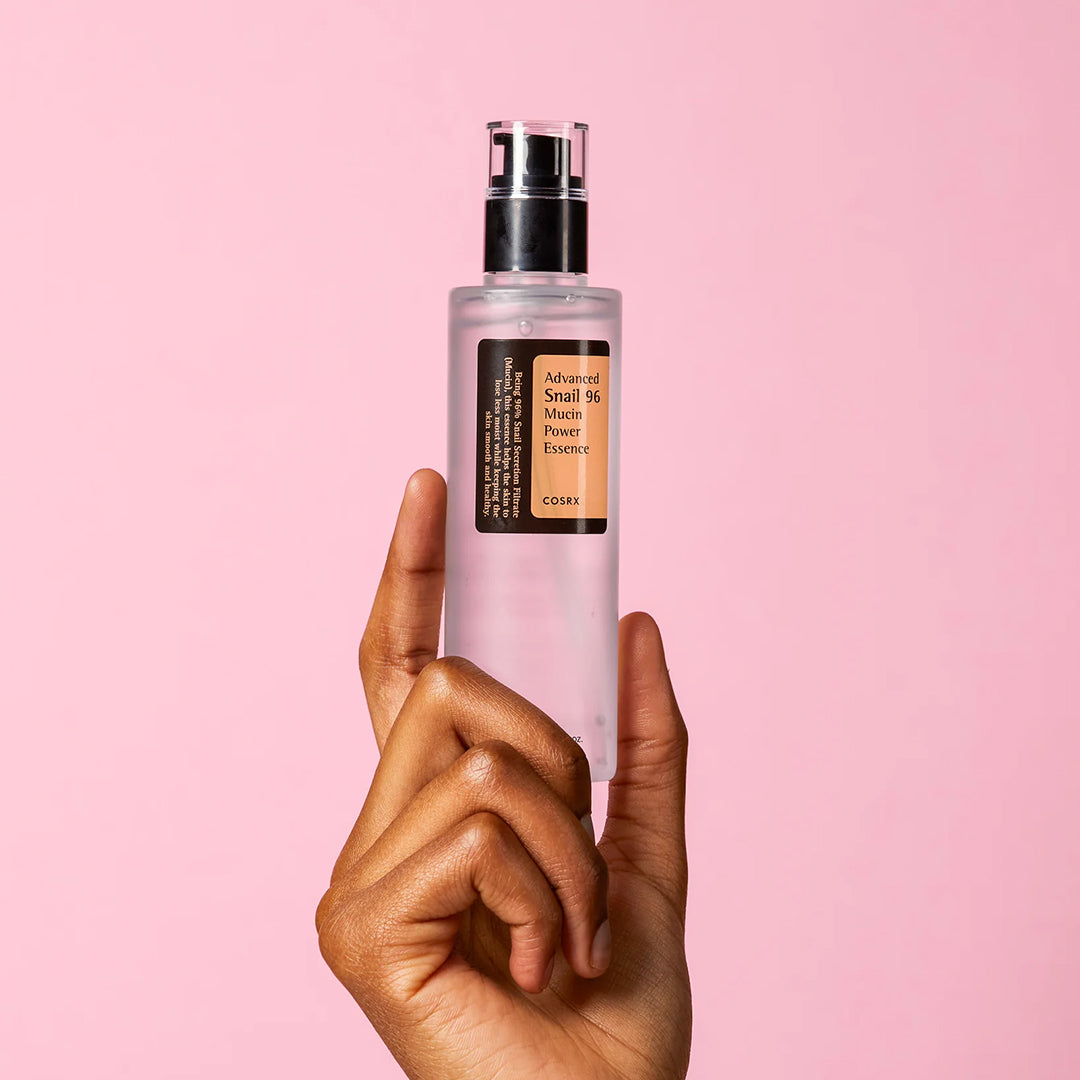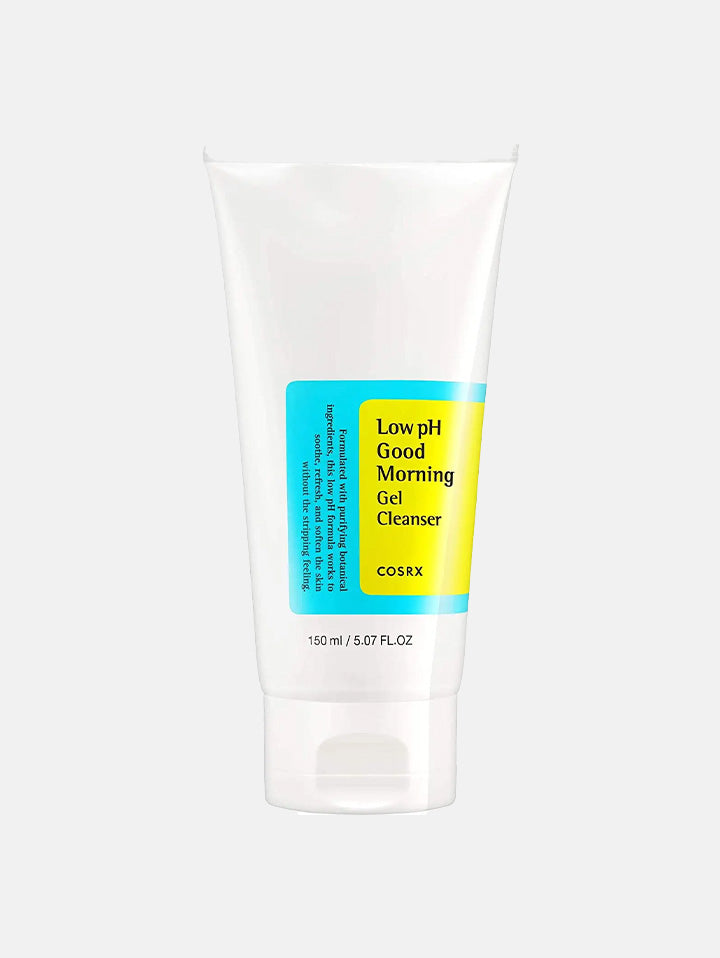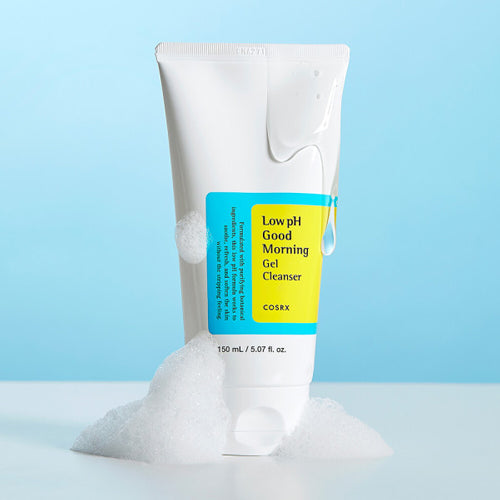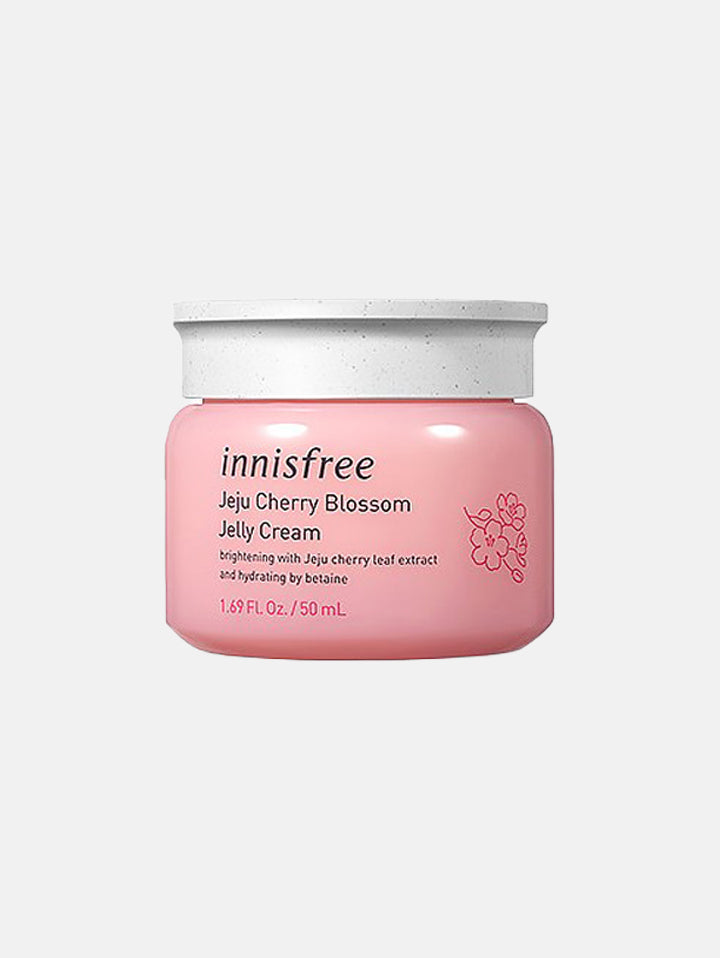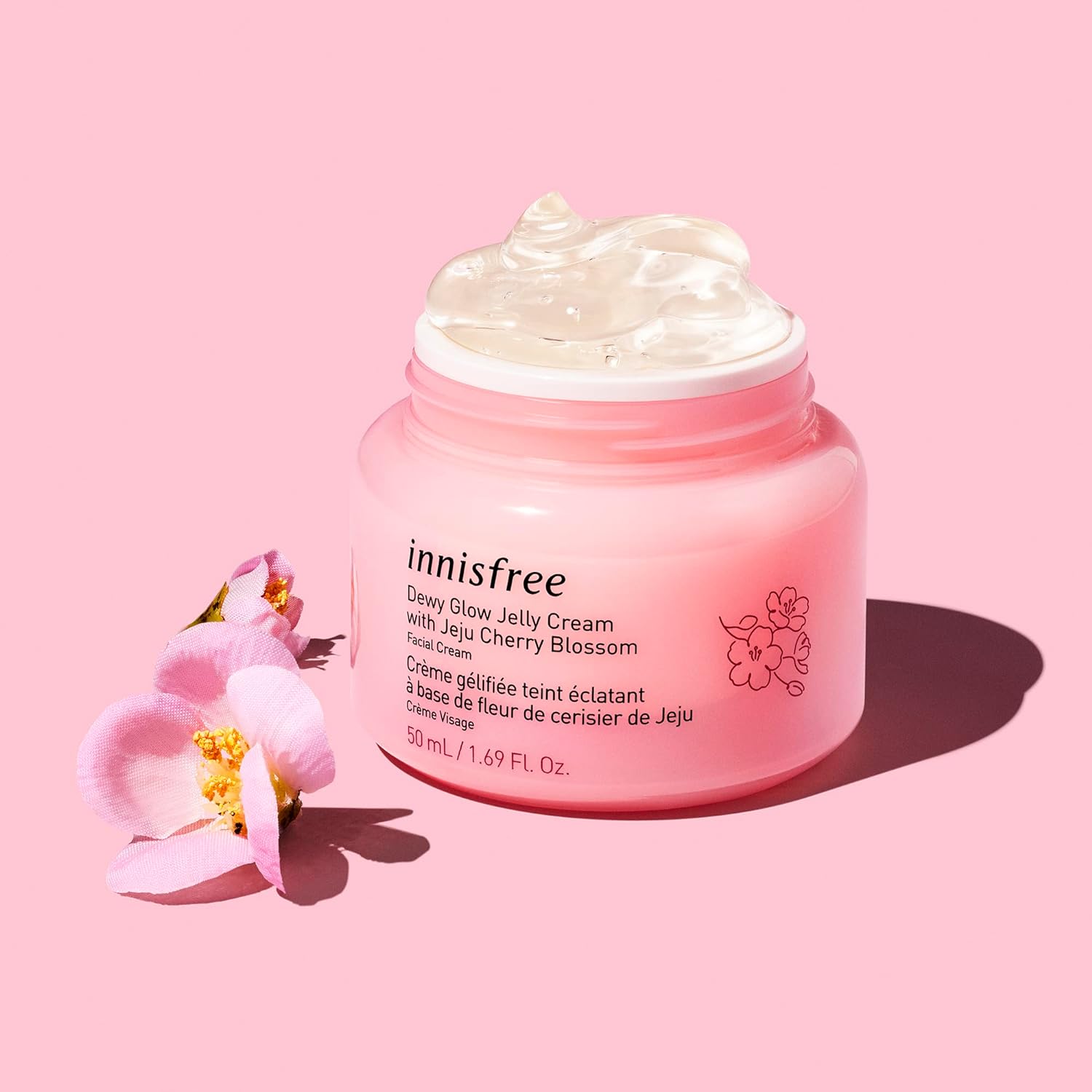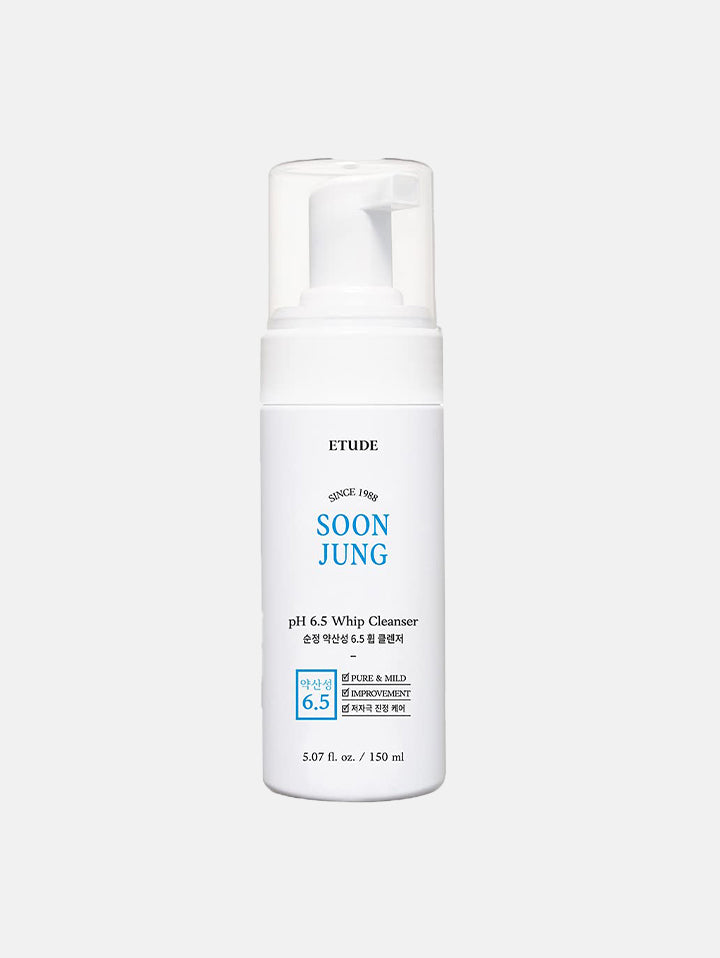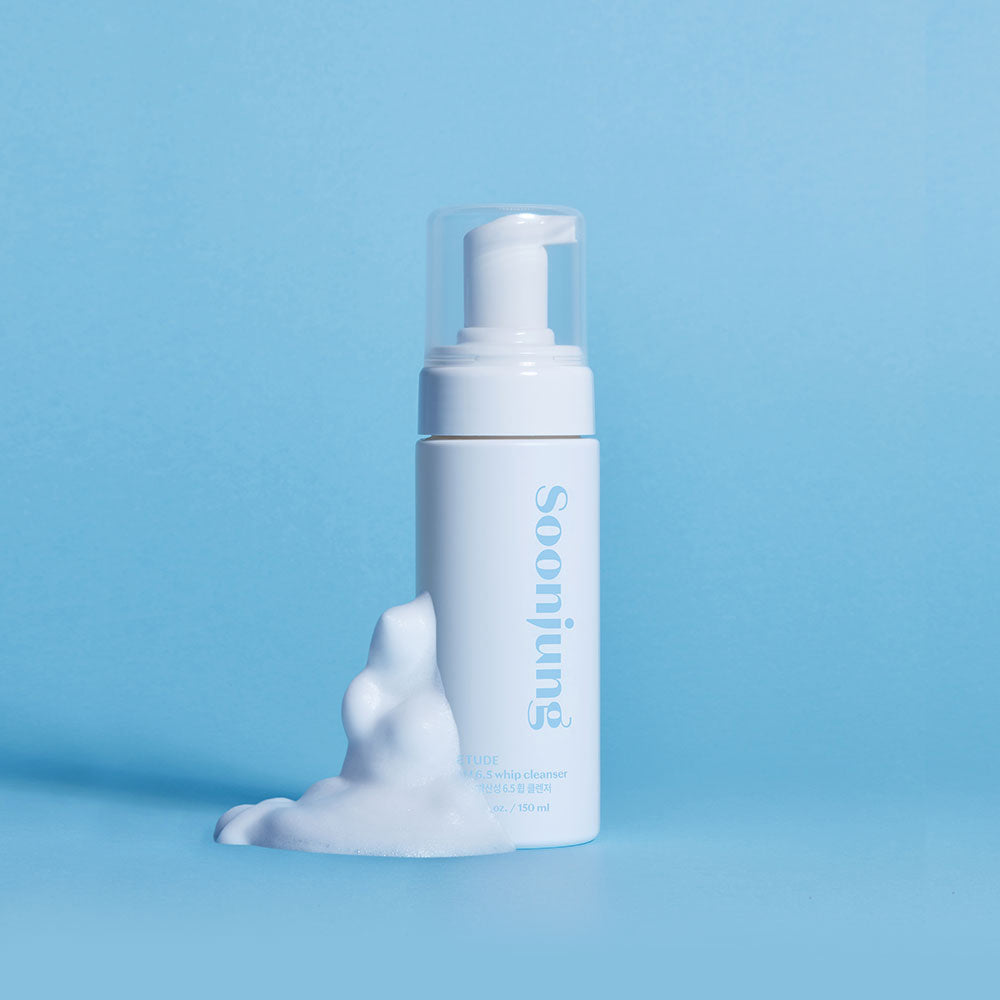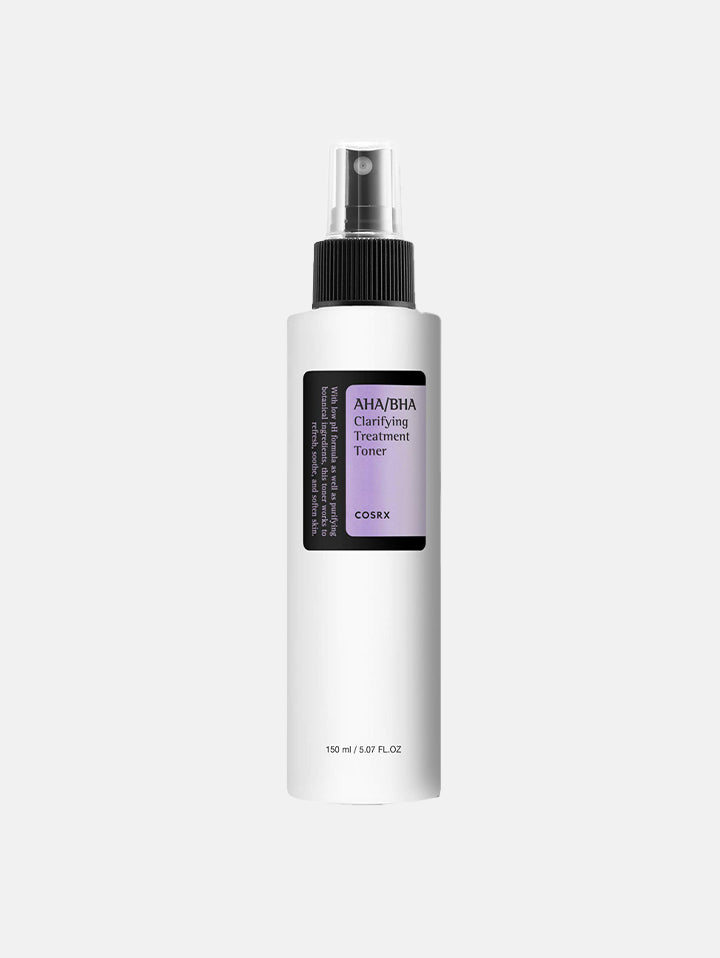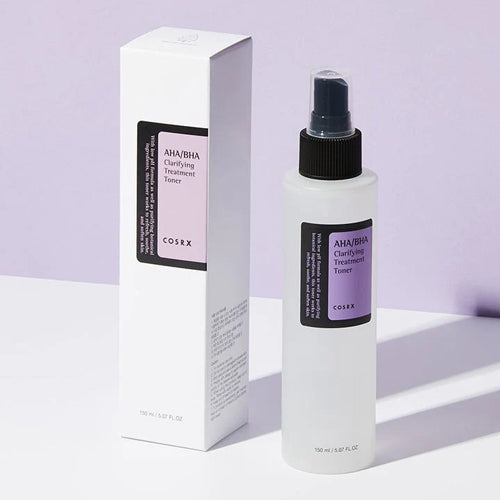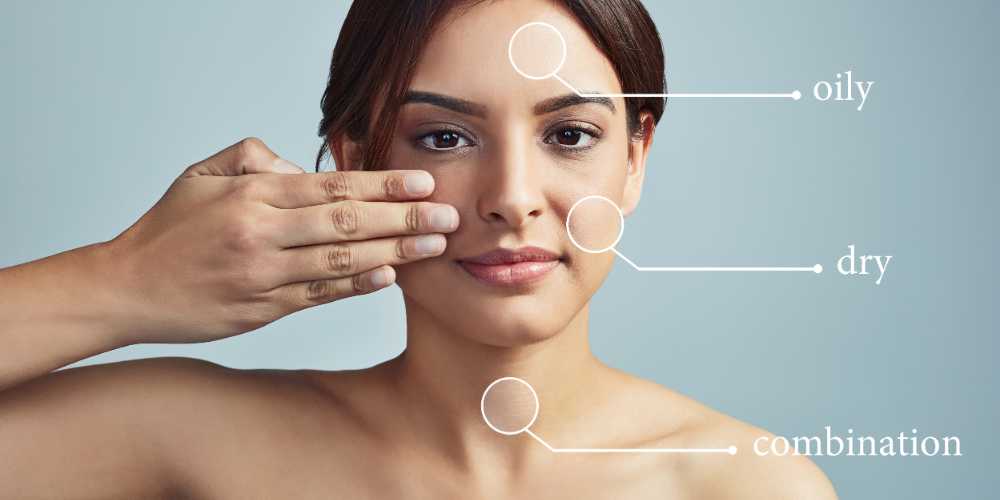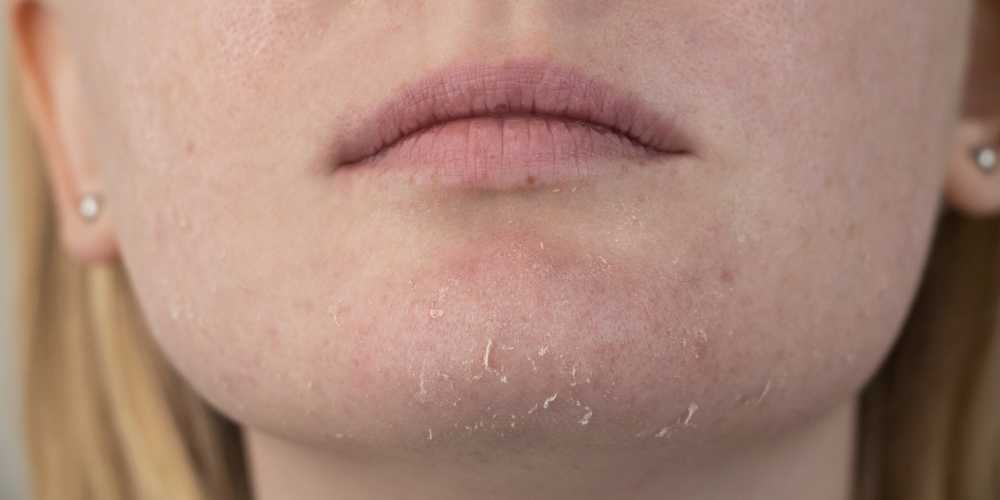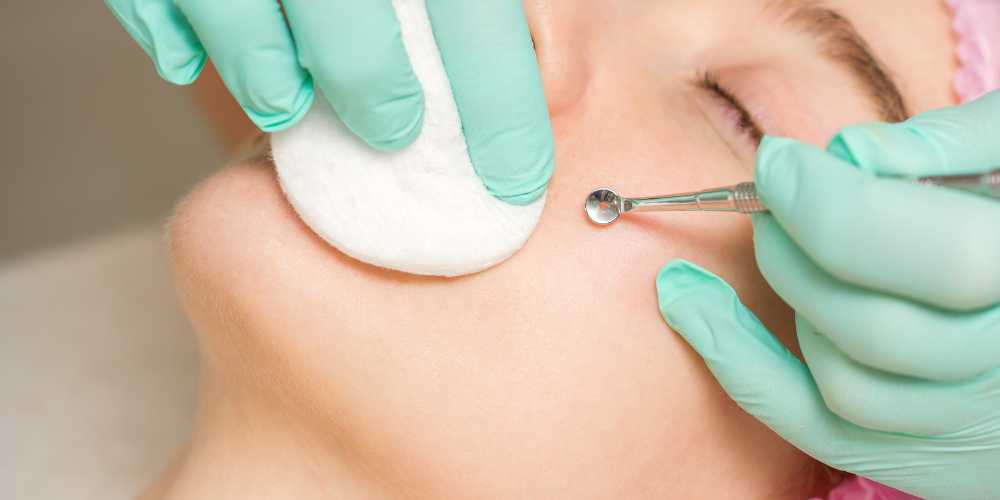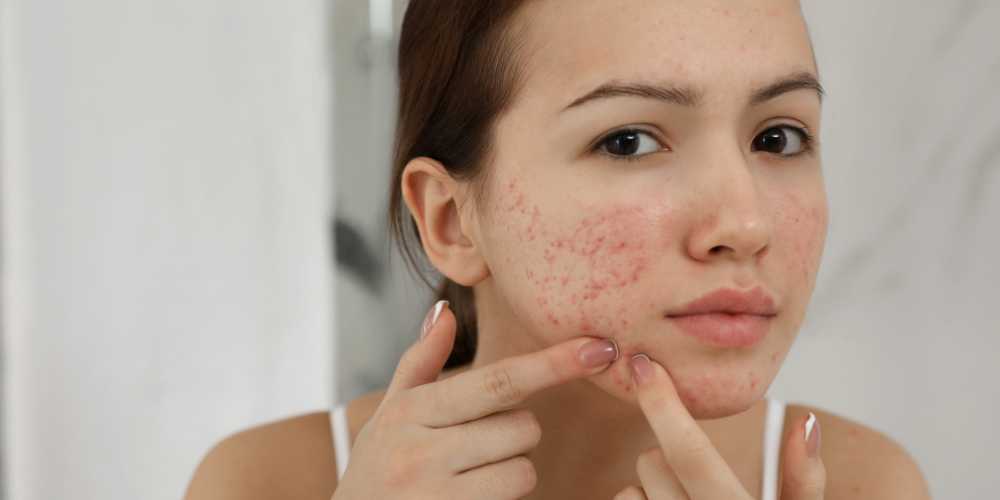
How do I treat acne scars?
Acne scars can be treated using various methods, but the best approach often depends on the severity and type of scars you have. Here are some options to consider:
-
Topical Treatments: Over-the-counter creams or gels containing ingredients like retinoids, alpha hydroxy acids, or vitamin C can help reduce the appearance of mild scars by promoting skin cell turnover and collagen production.
-
Professional Treatments:
- Chemical Peels: These use acids to remove the top layer of skin, improving the appearance of mild scars.
- Microdermabrasion: This technique exfoliates the skin's surface to reduce the appearance of scars.
- Laser Therapy: Different types of lasers can target specific types of scars, stimulating collagen production and remodeling scar tissue.
- Microneedling: Tiny needles are used to stimulate collagen production, which can help improve the appearance of scars.
-
Fillers: Injectable dermal fillers can raise depressed scars to make them less noticeable temporarily.
-
Surgical Procedures: For deep or severe scars, procedures like punch excisions, subcision, or skin grafting may be necessary.
-
Home Remedies: Natural remedies like aloe vera, honey, or tea tree oil may help improve skin texture and reduce inflammation. However, their effectiveness for treating scars can vary.
It's essential to consult a dermatologist or skincare professional to determine the most suitable treatment for your specific type of acne scars. They can evaluate your skin and recommend the most effective and safe options tailored to your needs. Additionally, practicing good skincare habits, such as using sunscreen daily and avoiding picking at acne, can help prevent further scarring and promote healthier skin.
